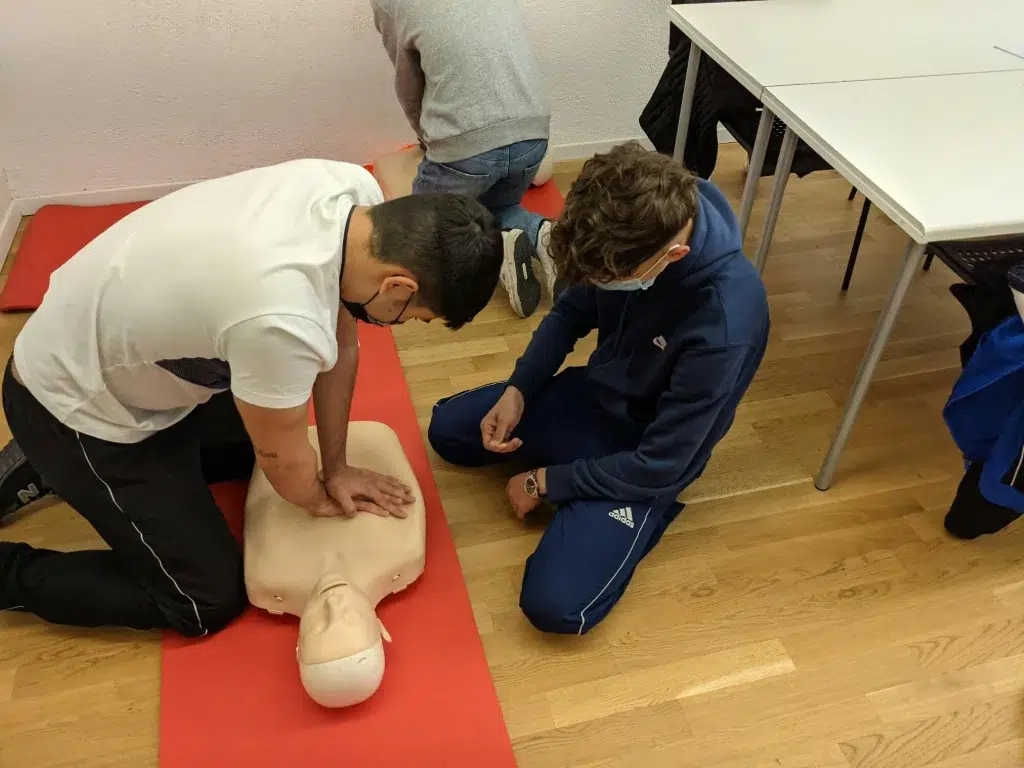When emergencies strike, having life-saving skills can make all the difference. In a medical crisis or sudden disaster, knowing how to act can save a life, maybe even yours.
Learning life-saving skills boosts your confidence. It also prepares you for critical situations that can happen anytime.
Imagine being able to do CPR or stop severe bleeding. These skills can save a life while waiting for help. Read on to learn more.

Understanding CPR and First Aid
Cardiopulmonary Resuscitation (CPR) is an essential skill everyone should learn. Each year, thousands of lives are lost due to cardiac arrests that occur outside of a hospital.
Performing CPR includes chest compressions and rescue breaths. These actions help keep blood flowing and provide oxygen until help arrives.
Alongside CPR, basic first aid knowledge is invaluable. First aid includes caring for injuries, managing wounds, and knowing how to respond to common emergencies. Understanding first aid can alleviate fears during an emergency and guide you in providing the right assistance, even if you’re not a medical expert.
Choking Relief Techniques
Choking is a common emergency that can happen to anyone, regardless of age. Learning how to perform the Heimlich maneuver, also known as abdominal thrusts, can be crucial during such an incident. This technique helps to dislodge food or objects stuck in a person’s airway.
For children and infants, the techniques can be different. It’s essential to learn age-appropriate methods to ensure you can assist effectively without causing more harm. This knowledge can prepare you to act quickly and effectively in high-pressure situations.
Understanding and Stopping Bleeding
Another critical skill to master is how to control bleeding. Severe bleeding, known as hemorrhage, can occur due to accidents, injuries, or even bites. Quick action can mean the difference between life and death.
Make sure you are safe before you approach someone who is bleeding. Apply direct pressure to the wound with a clean cloth or bandage, and if gloves are available, wear them. Continue applying pressure and get emergency help if the bleeding doesn’t stop.
Fire Safety and Evacuation
Understanding what to do during a fire emergency can save lives. Familiarizing yourself with fire safety protocols, such as stop, drop, and roll, is essential. Practice evacuation plans at school and home so everyone knows the fastest and safest escape routes.
Additionally, knowing how to use a fire extinguisher can prevent small fires from becoming huge disasters. It’s equally important to understand which fire extinguishers are suitable for various types of fires. Learning when to fight a fire and when to evacuate can keep you and your loved ones safe.
Basic Water Safety and Rescue Skills
Water-related incidents are common, and knowing basic water safety can help prevent drownings. Always swim with a buddy and wear appropriate flotation devices when needed.
Understanding how to recognize the signs of drowning, such as a distressed swimmer or someone struggling, can also guide you in responding quickly and effectively. If you want to take a step further, check out https://cprcertificationnow.com/collections/cpr-and-first-aid-certifications to enhance your knowledge and prepare you for any emergency.
Be Prepared, Be Life-Saving
Having life-saving skills prepares you for emergencies and grants you the confidence to help others. Learning CPR, first aid, choking relief methods, wound care, and fire safety ensures you are ready for unforeseen situations. Embrace the knowledge and skills that empower you, allowing you to act decisively in critical circumstances.
For more helpful tips, check out the rest of our site today.























